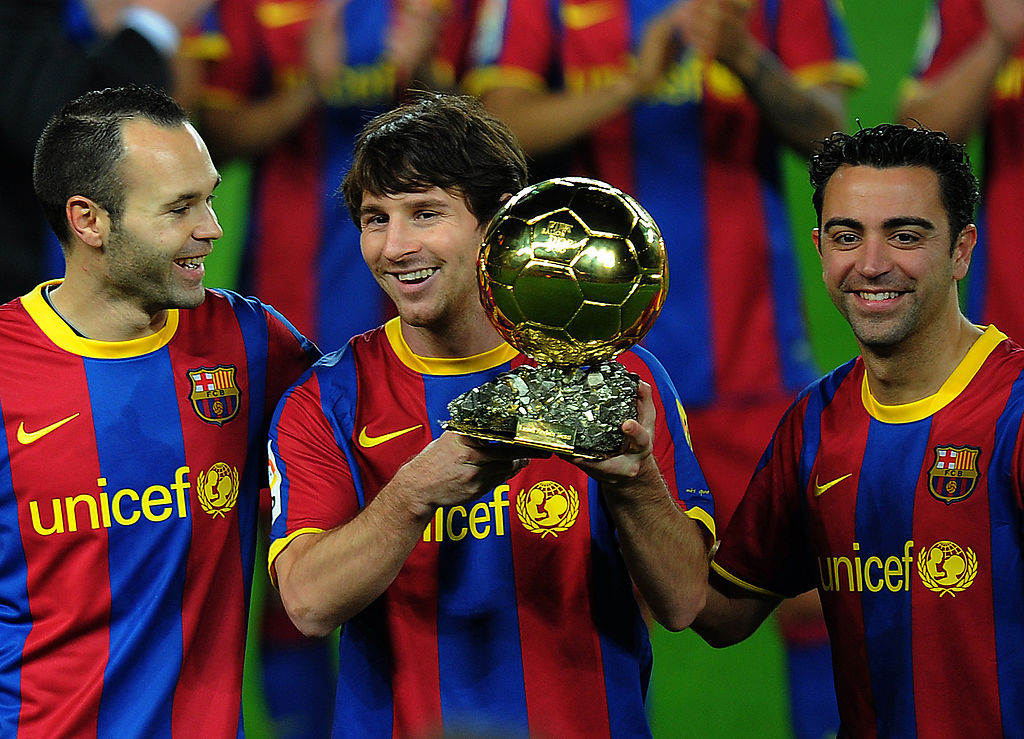Bronze: We want to push the women’s game forward
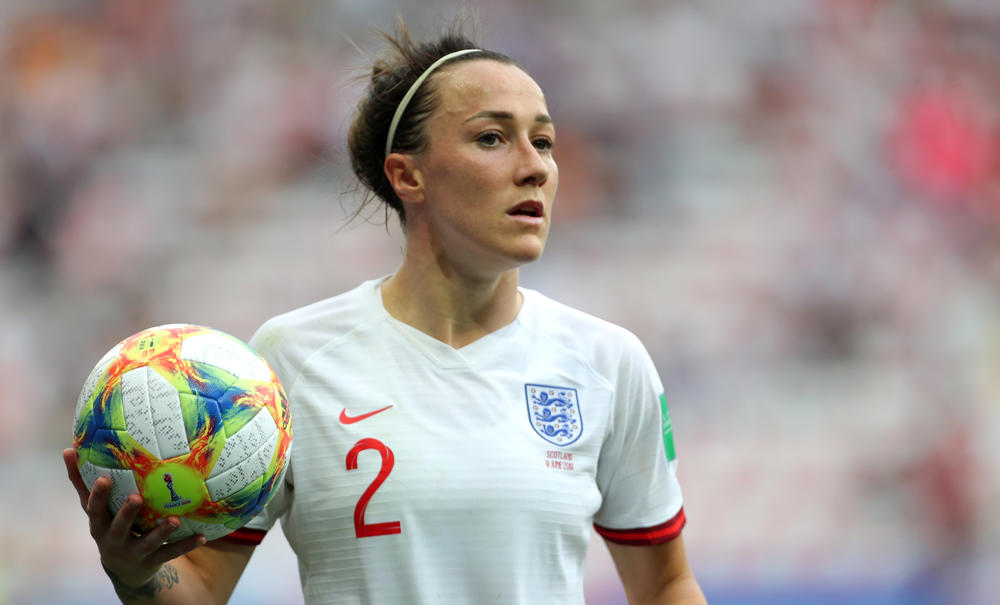
Lucy Bronze has stressed England’s desire to “push on the women’s game” following Sunday’s tempestuous clash with Cameroon.
The Women’s World Cup last-16 tie in Valenciennes, which England won 3-0, saw Cameroon twice react to VAR decisions going against them by complaining to the officials at length and looking as if they might refuse to play on.
There was also some rough treatment of England’s players – most notably Nikita Parris and Steph Houghton – and Toni Duggan’s arm was spat on by Cameroon’s Augustine Ejangue.
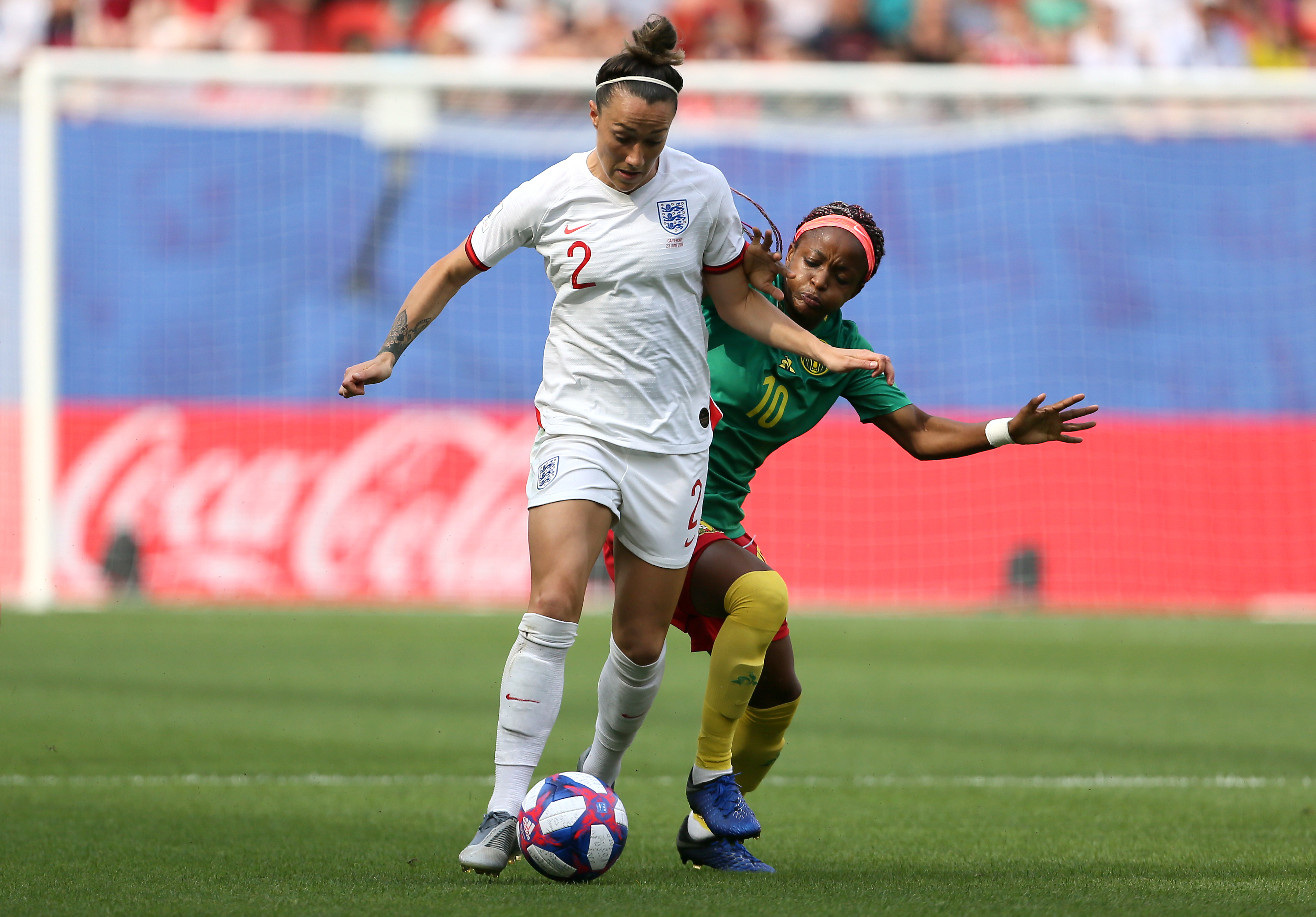
A FIFA spokesperson on Monday said the governing body was looking into Sunday’s events and would update in due course. Press Association Sport understands the governing body wants to conclude the matter soon, potentially as early as Tuesday.
Houghton, Ellen White and Alex Greenwood got the goals as England set up a quarter-final against Norway in Le Havre on Thursday.
According to the BBC, Sunday’s game set a new record as the UK’s most watched women’s football match, with a peak television audience of 6.9million – and England boss Phil Neville told BBC Sport after the contest Cameroon’s behaviour was “wrong, because it is the image of women’s football that’s going out worldwide”.
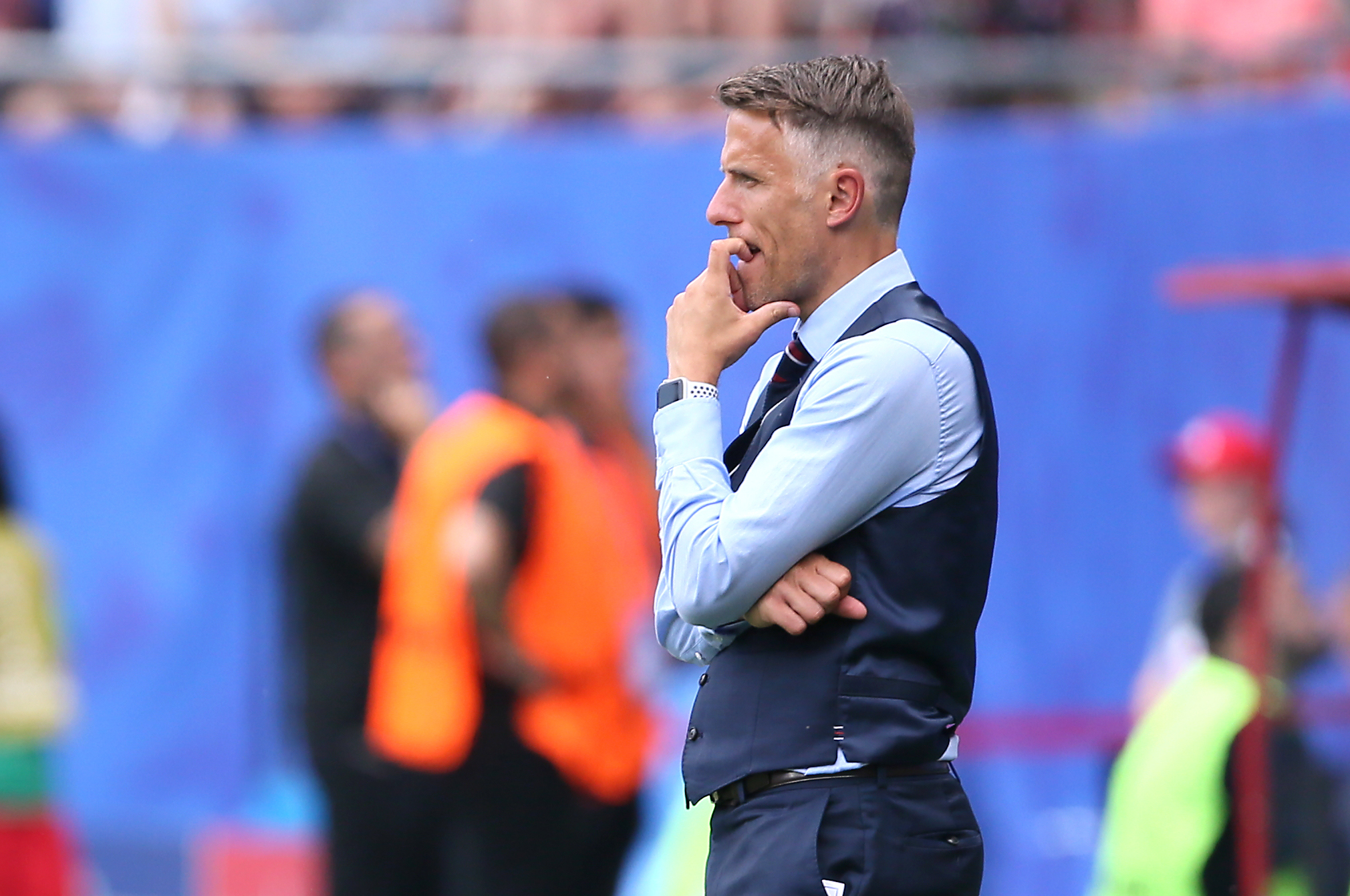
When asked about Neville’s suggestion that what had happened was damaging for the women’s game, full-back Bronze said: “From an England point of view we can only say that we reflected the women’s game well.
Get FourFourTwo Newsletter
The best features, fun and footballing quizzes, straight to your inbox every week.
“The referee (Qin Liang) gave decisions and we got on with it. We waited, we didn’t try to surround the referee, we played our game and we tried to play on, so from our point of view as an England team we are playing the way we should.
“The Cameroonians are frustrated, it’s tough, it’s a World Cup, you want to win each game, you want to get through and of course they had that emotion coming out.
“But for us, as an England team, we’re pushing on the women’s game, we want to push on the women’s game.”
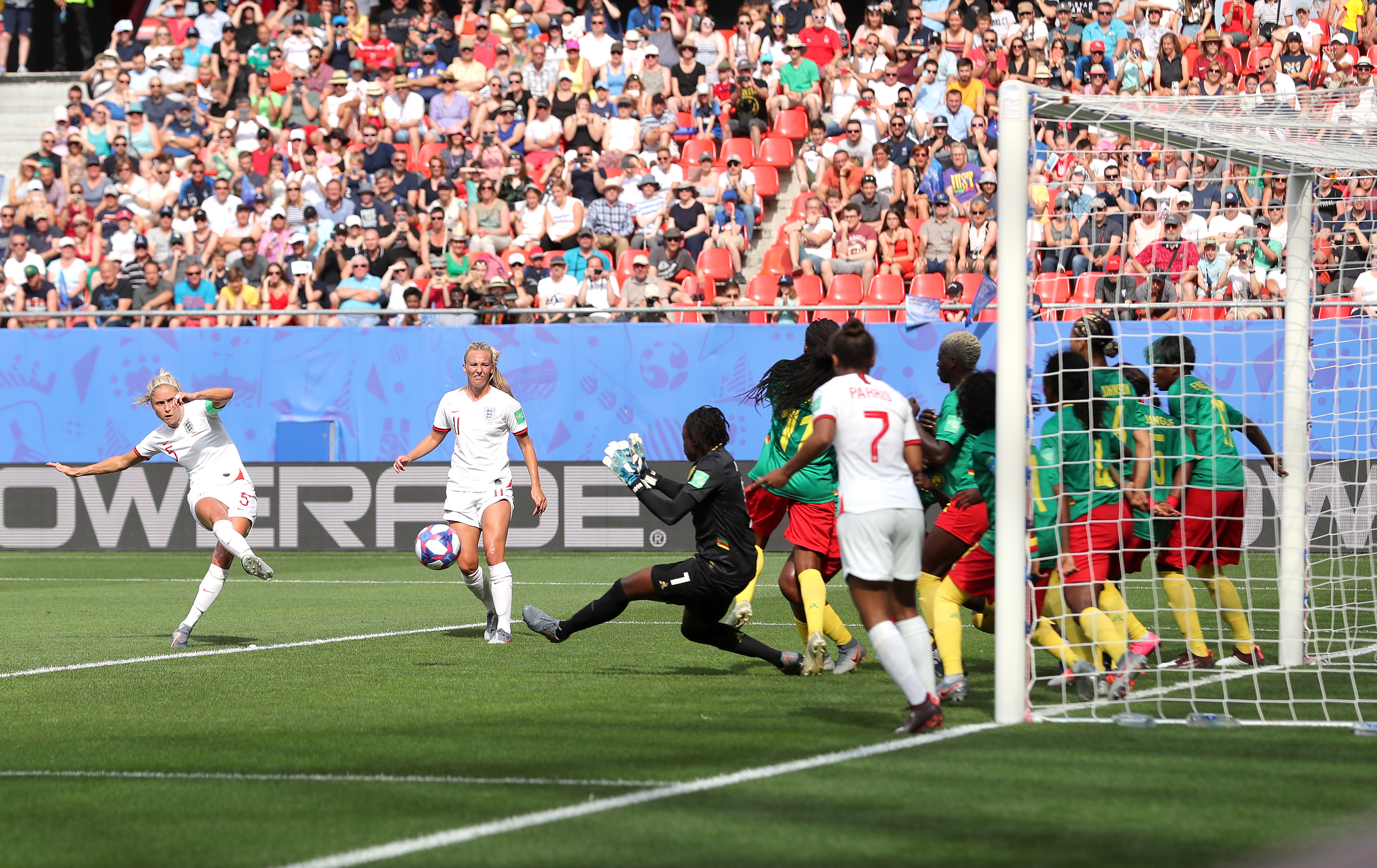
The first moment of fierce protest from Cameroon where it seemed play might not be able to continue came in first-half stoppage time when the decision to rule out White’s finish for offside was overturned via VAR to make it 2-0.
The second then came just after the break, once again involving an offside call, as Cameroon forward Ajara Nchout’s strike was disallowed following a review.
Bronze said: “I think the most important thing is that they didn’t (walk off the pitch).
“Maybe they did threaten to but they didn’t, and for us that was important. They respected the game, they respected their opponent and although they may have had their frustrations they still got on with it. I still kind of have that respect for them that they did get on with it.
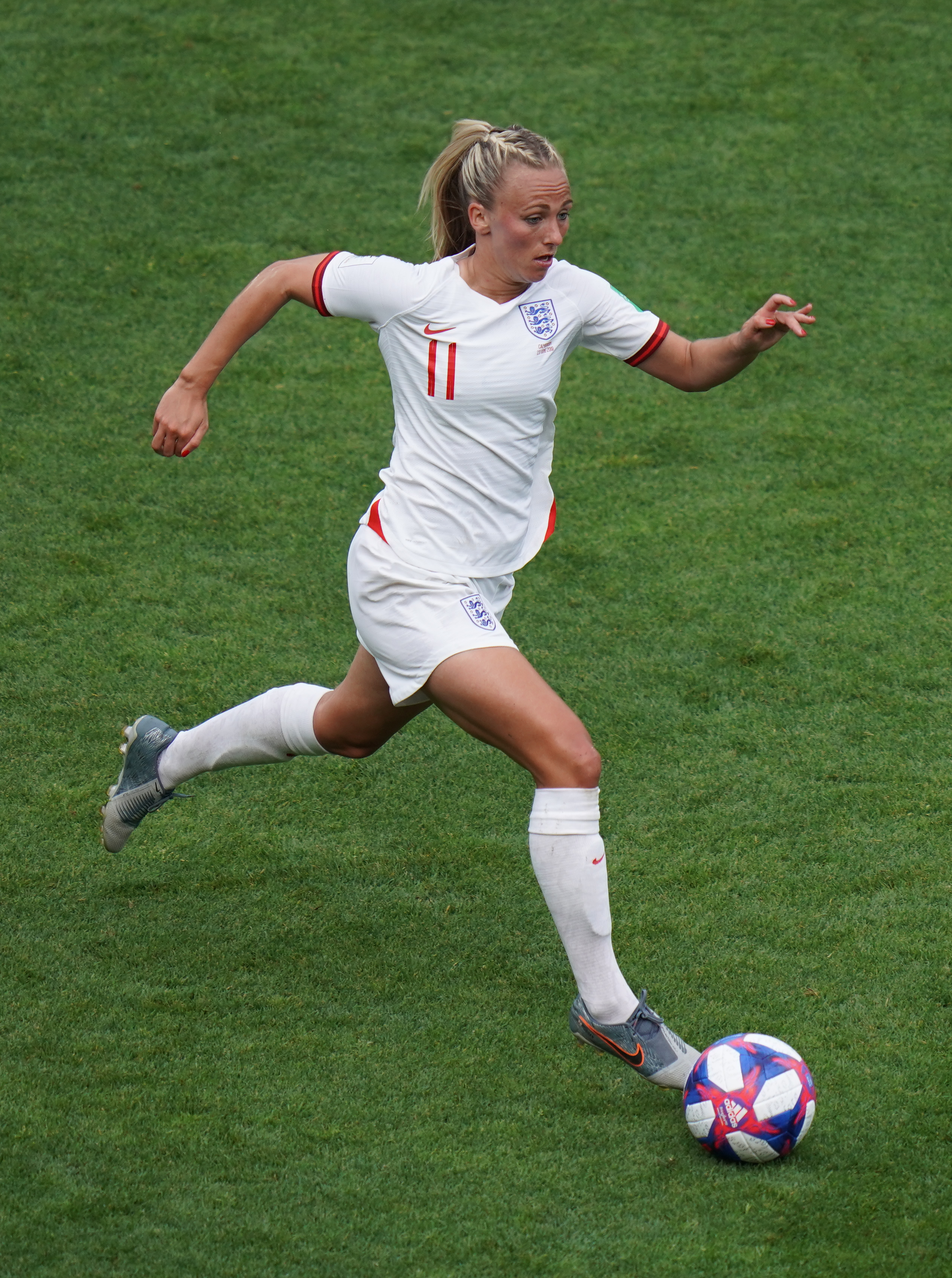
“I thought the referee got the decisions right for the goals. The game got a bit frantic with decisions and stuff but the fact we managed to keep our heads and stay in the game, we did really well.”
Early on Parris was caught in the face by the elbow of Yvonne Leuko, who was booked, and Duggan was then spat on by Ejangue when Cameroon were deemed guilty of a backpass just before the quarter-hour mark. The resulting indirect free-kick was rolled by Duggan to Houghton and the captain fired in.
After the strike from White and another, in the 58th minute, from Greenwood had extended England’s lead, the closing moments saw Houghton caught on the ankle by Alexandra Takounda, who also received only a yellow card.
While she thought Cameroon were “quite physical”, Bronze said she felt there was no malice in the Parris incident, and that Duggan had said the spitting one was an accident.

“I don’t think the tackle on Nikita had any malice behind it,” the 27-year-old Lyon defender said.
“I think the player is just trying to come across and win the ball and she took Nikita in the face.
“The Toni incident, I know that she said it was a complete accident. There was nothing in it.
“There’s nothing against the Cameroonian players, I think their frustrations were with the referee more than us.”
FourFourTwo was launched in 1994 on the back of a World Cup that England hadn’t even qualified for. It was an act of madness… but it somehow worked out. Our mission is to offer our intelligent, international audience access to the game’s biggest names, insightful analysis... and a bit of a giggle. We unashamedly love this game and we hope that our coverage reflects that.

